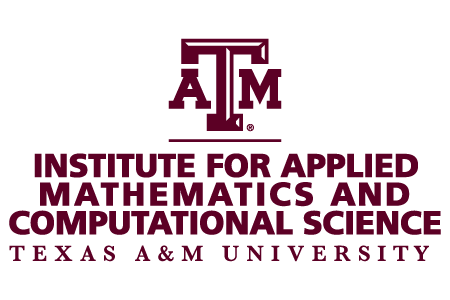Scientific Content
Both inverse problems and spectral theory have been rapidly developing during the last several decades, with a number of deep connections emerging between these areas of mathematics. Inverse Problems are problems in which causes for a desired or an observed effect are to be determined. They play an ever increasing role in medicine and biology, in search for oil and mineral deposits, in studying the earth’s substructure and creating astrophysical images from telescope data, in finding cracks and interfaces within materials, and in homeland security applications. Spectral theory has been in the mainstream of mathematical development for long time. It has led to fascinating developments in various areas of science and engineering and the research in this field is still in an extremely active phase. The interaction between the two fields have given rise to a special subclass of problems, the inverse spectral problems. However, those are only one aspect of the deep connection between inverse problems and spectral theory and spectral-theoretical methods find many applications in seemingly unrelated inverse problems. For example, significant progress in studying some of the emerging multi-physics modalities of medical imaging was achieved through the study of the spectral properties of the operators governing the wave propagation in the living tissue. The conference will feature invited lectures from leading specialists in Inverse Problems and Spectral Theory, with the special emphasis on the interaction of the two fields.
Format
The conference will feature 40 minute talks by invited speakers and a poster session by younger participants.
Support
The organizing committee will endeavor to provide financial support to young participants (before or few years after their PhD) and participants from underrepresented groups. Application procedure will be announced soon.
Organizing Committee
- G. Ambartsoumian, UT Arlington
- G. Berkolaiko, Texas A&M University
- C. Gordon, Dartmouth College
- L. Kunyansky, University of Arizona
- G. Uhlmann, University of Washington

